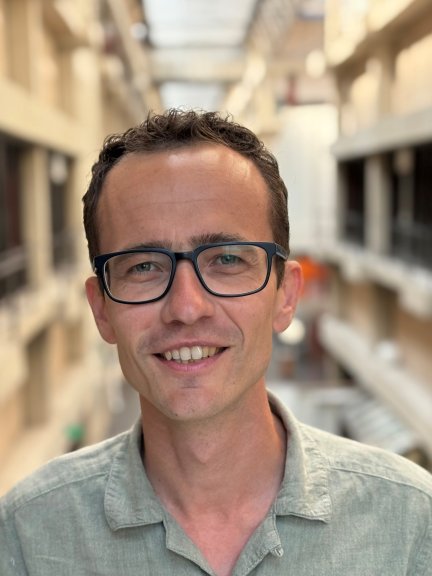Harsha Devalla, Jurjan Aman and Marten Hoeksema have been awarded a Vidi grant by the Dutch Research Council (NWO). The grant enables experienced researchers to develop their own innovative line of research and set up or expand their own research group.
About the Vidi grant
Vidi is a funding instrument in the NWO Talent Programme. It allows researchers who have already spent several years doing postdoctoral research to develop or expand their own innovative line of research. This year, NWO has awarded a Vidi grant to 149 researchers. Read more about the 2024 laureates and there projects.



